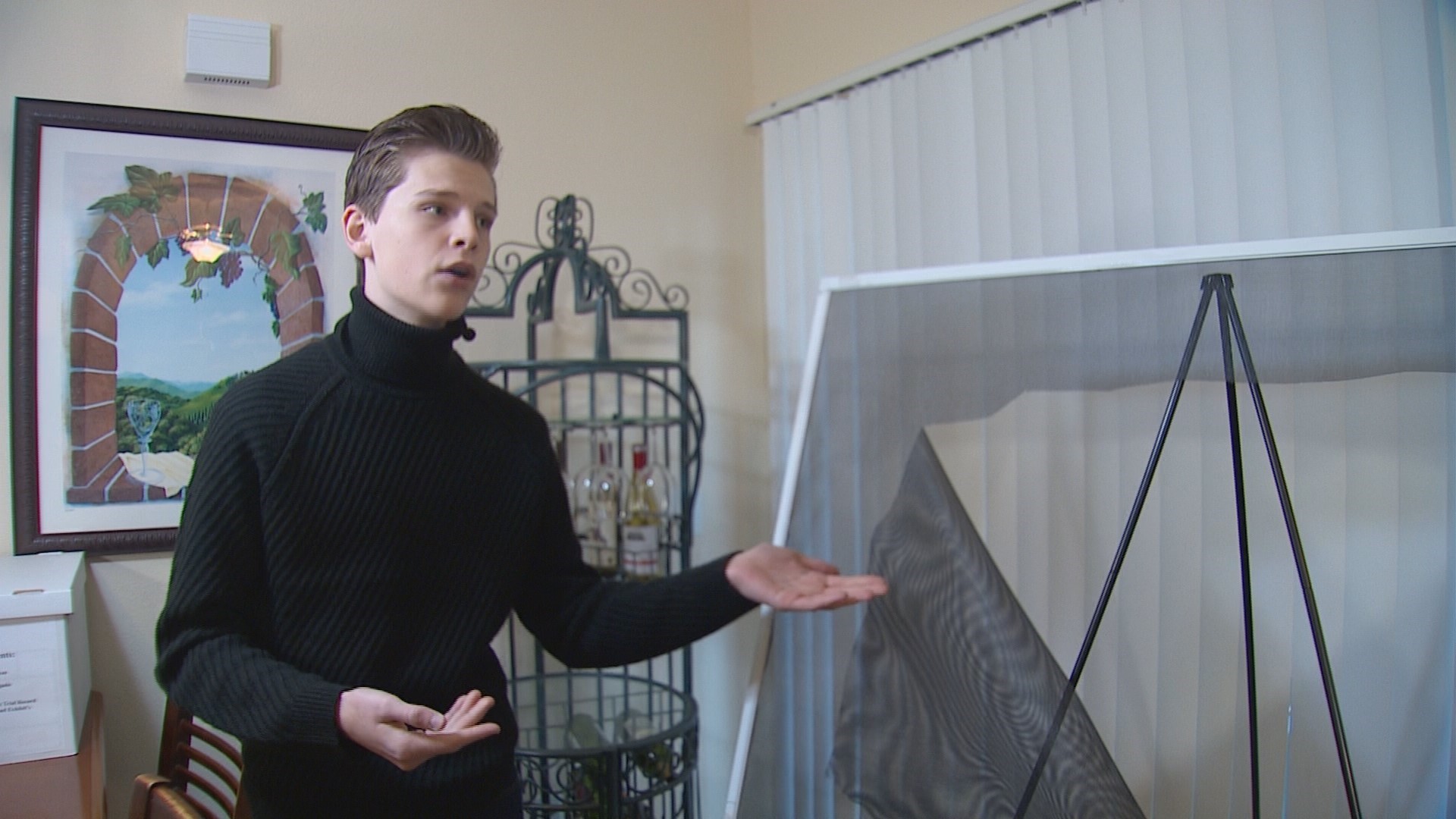A Dallas County judge denied access to evidence in the capital murder case of Darlie Routier after it was requested by a 16-year-old self-professed sleuth and documentarian.
State District Judge Gracie Lewis agreed with prosecutors and defense attorneys for Routier that the teenager should not be allowed to go through evidence in the case.
Ryan Kester, a true crime blogger and college student from Rockwall, requested access to the case file of Routier, who was sentenced to death for the 1996 murder of her 5-year-old son, Damon. She is also accused of killing her 6-year-old son, Devon.
"This case particularly captured my attention because it was so local," Kester said. "This happened, you know, five minutes away from my house."
Kester is a frequent visitor to cases at the Dallas County courthouse, has already graduated from high school, has taken classes at the University of Tulsa and plans to attend the University of Texas in the fall with hopes of getting into law school.
On Thursday morning, Dallas County prosecutors and Routier's attorneys argued in agreement that allowing anyone access to physical evidence from a murder trial to someone with no direct connection to the trial or the victims would set a dangerous precedent.
"There would be a line out the door," said defense attorney Stephen Cooper of people who might make similar requests. "Frankly it would be a terrible precedent for this young man to get access to the materials. And I could imagine there would be a long line afterwards."
Kester requested to see all of the evidence logged in the capital murder case by investigators. Lewis originally granted his request, saying Kester could view, photograph or copy exhibits entered into evidence at trial as long as it doesn't compromise sensitive personal information.
But the Dallas County District Attorney's Office filed an objection, asking the judge to rescind the order.
The DA's office also argued that certain physical evidence collected at the scene could be compromised if it's removed from storage because it's more than 20 years old.
Lewis agreed with prosecutors Thursday morning.
Though Routier is still on death row, she claims she is innocent and her case remains under appeal.
Kester says he respects the judge's decision and will continue his investigations of the Routier case through publicly accessible records. He says he believes she is innocent and is currently in the process of producing a documentary about his work.
The Routier case "inspired me to research the legal system and solidified why I want to be an attorney," Kester told the judge in court.
"I think I'm going to say OK they've decided," he said after the hearing. "After I finish my documentary I think I want to move on from this case and pursue other cases that intrigue me. I'm grateful that I was able to at least be heard and have this meeting over the state's objection."


